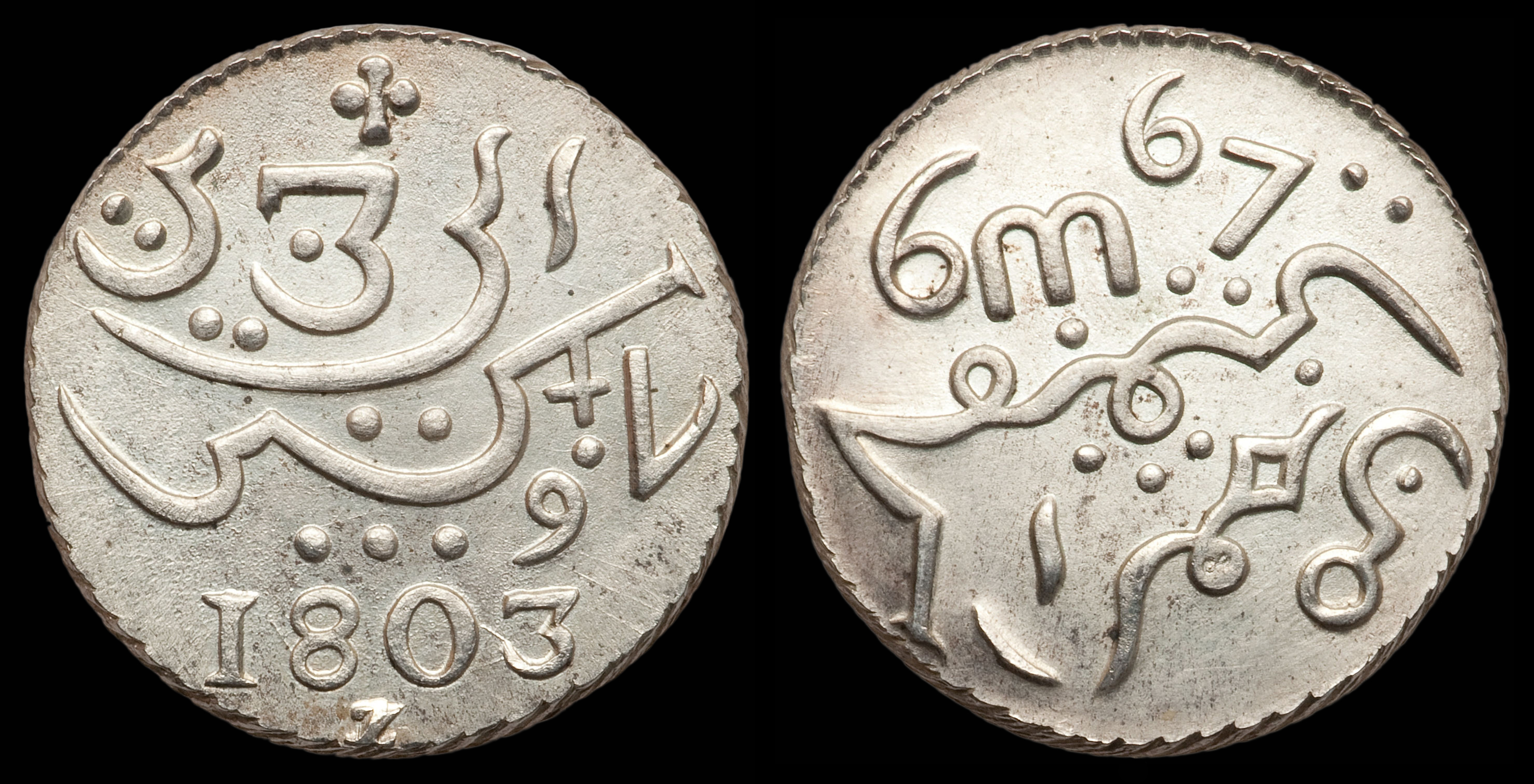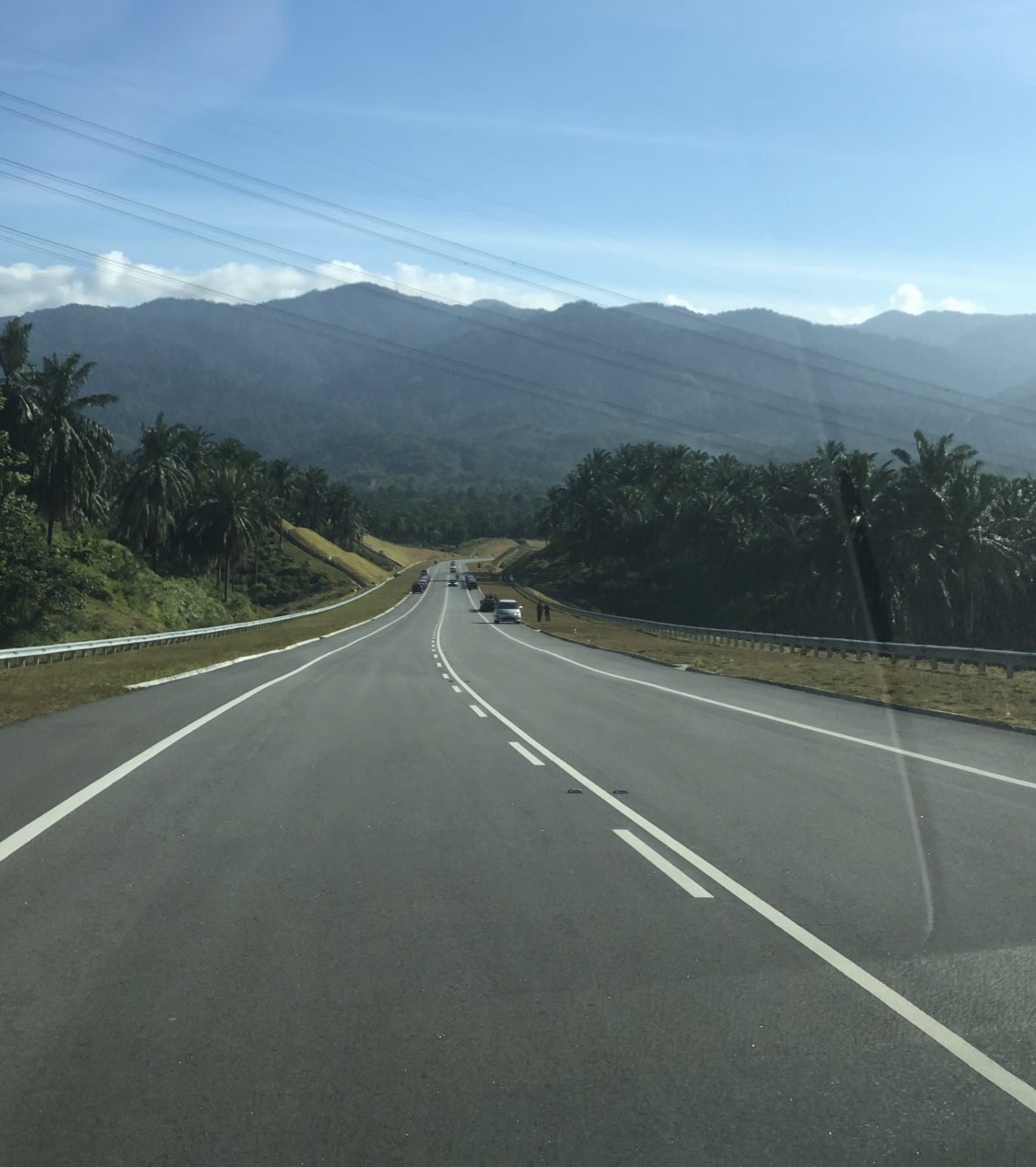|
Tampin (town)
Tampin is a town in Tampin District, Negeri Sembilan, Malaysia, which borders Pulau Sebang town in Alor Gajah District, Malacca. History and etymology Tampin gets its name from the container or pouch weaved from the pandanus fronds. The container was used to store condiments such as the ''kelamai'' or ''dodol'' and the shrimp paste ''belacan''. The district of Tampin is also called ''Luak Tampin'' as the word ''luak'' is the local term for a district. Tampin was originally part of Luak of Rembau. After the Naning War in 1832, Raja Ali declared himself the ruler of Seri Menanti and his son-in-law, Syed Shaaban, as the ruler of Rembau. This enraged other rulers of Negeri Sembilan as they had no right to the posts. In 1834 a civil war ensued, which resulted in Raja Ali and Syed Shaaban retreating to Tampin and the area from Mount Tampin to Putus Hill being removed from Rembau. This area consisting of the provinces Repah, Keru, Tebong and Tampin Tengah formed the district know ... [...More Info...] [...Related Items...] OR: [Wikipedia] [Google] [Baidu] |
Jawi Script
Jawi (; ace, Jawoë; Kelantan-Pattani Malay, Kelantan-Pattani: ''Yawi''; ) is a writing system used for writing several languages of Southeast Asia, such as Acehnese language, Acehnese, Banjar language, Banjarese, Kerinci language, Kerinci, Maguindanao language, Maguindanaon, Malay language, Malay, Minangkabau language, Minangkabau, Tausug language, Tausūg, and Ternate language, Ternate. Jawi is based on the Arabic script, consisting of all of the original 31 Arabic letters, and six additional letters constructed to fit the phonemes native to Malay, and an additional phoneme used in foreign loanwords, but not found in Classical Arabic, which are ''ca'' ( ), ''nga'' ( ), ''pa'' ( ), ''ga'' ( ), ''va'' ( ), and ''nya'' ( ). Jawi was developed from the Spread of Islam in Southeast Asia, advent of Islam in the Maritime Southeast Asia, supplanting the earlier Brahmic scripts used during Hindu-Buddhist era. The oldest evidence of Jawi writing can be found on the 14th century Tere ... [...More Info...] [...Related Items...] OR: [Wikipedia] [Google] [Baidu] |
Jelebu
The Jelebu District (Negeri Sembilan Malay: ''Jolobu'') is the second largest district in Negeri Sembilan, Malaysia after Jempol, with a population over 40,000. Jelebu borders on the Seremban District to its west and Kuala Pilah District to its south, Jempol District to its southeast, Bentong and Bera Districts, Pahang to its east and Hulu Langat District, Selangor to the north. Jelebu is a suburban district with blossoming semi-agricultural industry. Jelebu is also a parliamentary constituency of the Dewan Rakyat in the Malaysian Parliament. Kuala Klawang is the principal town of the district. Jelebu has an infamous recorded history of British and Japanese colonization as compared to other parts of Negeri Sembilan. Numerous priceless colonial artefacts were discovered in the small semi-agricultural town of Sungai Muntoh, which was once a prosperous mining town a century ago. These artefacts are now displayed in the state museum. Titi and neighbouring Sungai Muntoh were the mo ... [...More Info...] [...Related Items...] OR: [Wikipedia] [Google] [Baidu] |
Cecil Clementi Smith
Sir Cecil Clementi Smith (23 December 1840 – 6 February 1916),. was a British colonial administrator. Background The son of an Essex rector, John Smith, and his wife Cecilia Susanna Clementi (daughter of Muzio Clementi), Cecil Clementi Smith received his education at St Paul's School and Corpus Christi College, Cambridge. In 1864 he began his civil service career as a cadet interpreter in Hong Kong, learning much about the Chinese culture and gradually became an accomplished scholar of the Chinese culture. He was also the Colonial Treasurer of Hong Kong. Civil Service On 3 September 1878, Clementi Smith took office in Singapore as a Colonial Secretary in the Straits Settlements, and understudied Governor Frederick Weld. His knowledge of Chinese culture and competence in the language proved useful as he was able to communicate effectively with leaders of the growing Chinese community. Smith became known for his effective work in quelling Chinese secret societies in t ... [...More Info...] [...Related Items...] OR: [Wikipedia] [Google] [Baidu] |
Governor Of The Straits Settlements
The governor of the Straits Settlements was appointed by the British East India Company until 1867, when the Straits Settlements became a Crown colony. Thereafter the governor was appointed by the Colonial Office. The position existed from 1826 to 1946. Between 1942 and 1945 the office was not filled, as the Straits Settlements was then under Japanese occupation. From the late 19th century onward, the governor of the Straits Settlements was usually also British High Commissioner in Malaya and Brunei and British Agent for Sarawak and British North Borneo. List of British governors (1826–1946) See also * Colonial Secretary, Straits Settlements * List of Chief Secretaries of Singapore * Legislative Council of the Straits Settlements * Governors of Singapore * History of Singapore * History of Malaysia * Governor of Penang References Further readingWorldStatesmen - Singapore [...More Info...] [...Related Items...] OR: [Wikipedia] [Google] [Baidu] |
Malay Language
Malay (; ms, Bahasa Melayu, links=no, Jawi alphabet, Jawi: , Rejang script, Rencong: ) is an Austronesian languages, Austronesian language that is an official language of Brunei, Indonesia, Malaysia, and Singapore, and that is also spoken in East Timor and parts of the Philippines and Thailand. Altogether, it is spoken by 290 million people (around 260 million in Indonesia alone in its own literary standard named "Indonesian language, Indonesian") across Maritime Southeast Asia. As the or ("national language") of several states, Standard Malay has various official names. In Malaysia, it is designated as either ("Malaysian Malay") or also ("Malay language"). In Singapore and Brunei, it is called ("Malay language"). In Indonesia, an autonomous normative variety called ("Indonesian language") is designated the ("unifying language" or lingua franca). However, in areas of Central to Southern Sumatra, where vernacular varieties of Malay are indigenous, Indonesians refe ... [...More Info...] [...Related Items...] OR: [Wikipedia] [Google] [Baidu] |
Confederation
A confederation (also known as a confederacy or league) is a union of sovereign groups or states united for purposes of common action. Usually created by a treaty, confederations of states tend to be established for dealing with critical issues, such as defense, foreign relations, internal trade or currency, with the central government being required to provide support for all its members. Confederalism represents a main form of intergovernmentalism, which is defined as any form of interaction around states which takes place on the basis of sovereign independence or government. The nature of the relationship among the member states constituting a confederation varies considerably. Likewise, the relationship between the member states and the general government and the distribution of powers among them varies. Some looser confederations are similar to international organisations. Other confederations with stricter rules may resemble federal systems. Since the member states of ... [...More Info...] [...Related Items...] OR: [Wikipedia] [Google] [Baidu] |
Seri Menanti
Seri Menanti (Negeri Sembilan Malay: ''Soghi Monanti'') is a town, a mukim and a state assembly constituency in Kuala Pilah District, in central Negeri Sembilan, Malaysia. It is the royal capital of the state of Negeri Sembilan and houses the seat of the Yang Di-Pertuan Besar of Negeri Sembilan or Yamtuan Besar, the ruler of the state of Negeri Sembilan. The royal palace is known as ''"Istana Besar".'' Luak Tanah Mengandung is part of Seri Menanti. Seri Menanti is not to be confused with Kampong Seri Menanti, Muar, Johor. History The Minangkabau people moved to the wider area of Negeri Sembilan during the 14th century as part of the Minang practice of ''merantau''. Around the 15th century they moved further inland from Rembau and explored an area what is known today as Seri Menanti. Among the explorers was Datuk Puteh of Pagar Ruyung. According to legend, they found three stalks of fresh green paddy and thus Datuk Puteh christened the area ''Padi Menanti'' (literally ... [...More Info...] [...Related Items...] OR: [Wikipedia] [Google] [Baidu] |
Naning
Naning (Chinese: 南宁) is a district and a former chiefdom in northern Malacca, Malaysia. It was founded in 1370 by the Prince of Minangkabao, Sutan Jatang Balun or known as Datuk Parpatih Nan Sebatang (The Only One Land Lord). It is part of Masjid Tanah constituency and is adjacent to Pulau Sebang. Naning had been part of Negeri Sembilan but it was annexed by the United Kingdom of Great Britain and Ireland, British into Malacca in 1832 via the Naning War. Malacca at that time was a Straits Settlements, British holding. The Naning-British War started in 1831 and lasted around two years until 1833. The ''Penghulu'' (chief/Lord) of Naning then, Dol Said was enraged over British claim over Naning as part of Malacca. The British demanded that Naning pay 10% of its produce as tribute to Malacca. Dol Said refused, resulting in a British attack upon Naning in 1831. Dol Said managed to fend off the attack with help from his allies. For the first time the British lost in a war in the ... [...More Info...] [...Related Items...] OR: [Wikipedia] [Google] [Baidu] |
Rembau District
The Rembau District is a district that is located in the state of Negeri Sembilan, Malaysia. The district is a stronghold of the matrilineal system known as ''adat perpatih'', a customary practice inherited from the Minangkabaus, of Sumatra. The district borders Seremban District to the north, Port Dickson District to the west, Tampin District to the east, Kuala Pilah District to the northeast and Alor Gajah District, Malacca to the southwest. Rembau still maintains the old district ruler, which used to be called the district head or Penghulu. Now the title is Yang Teramat Mulia Undang Luak Rembau. He is one of the electors to the throne of Yang di-Pertuan Besar of Negeri Sembilan, besides Sungai Ujong, Jelebu, Johol and Tampin. Administrative divisions Rembau District consists of 17 mukims, which are: * Batu Hampar * Bongek * Chembong * Chengkau * Gadong * Kundur * Legong Hilir * Legong Hulu * Miku * Nerasau * Pedas * Pilin * Selemak * Semerbok * Sepri * Tanjung Keling ... [...More Info...] [...Related Items...] OR: [Wikipedia] [Google] [Baidu] |
Belacan
Shrimp paste or prawn sauce is a fermented condiment commonly used in Southeast Asian and Southern Chinese cuisines. It is primarily made from finely crushed shrimp or krill mixed with salt, and then fermented for several weeks. They are either sold in their wet form or are sun-dried and either cut into rectangular blocks or sold in bulk. It is an essential ingredient in many curries, sauces and sambal. Shrimp paste can be found in many meals in Cambodia, Indonesia, Laos, Malaysia, Myanmar, the Philippines, Singapore, Thailand, and Vietnam. It is often an ingredient in dip for fish or vegetables. History ''Trasi'', ( Indonesian- Javanese fermented shrimp paste; alt. spelling: ''terasi''), as mentioned in two ancient Sundanese scriptures, ''Carita Purwaka Caruban Nagari'' and ''Mertasinga'', had been around in Java before sixth century. According to ''Carita Purwaka Caruban Nagari'', Cirebon had angered the King of Galuh Kingdom after they stopped paying a tribute (in th ... [...More Info...] [...Related Items...] OR: [Wikipedia] [Google] [Baidu] |






